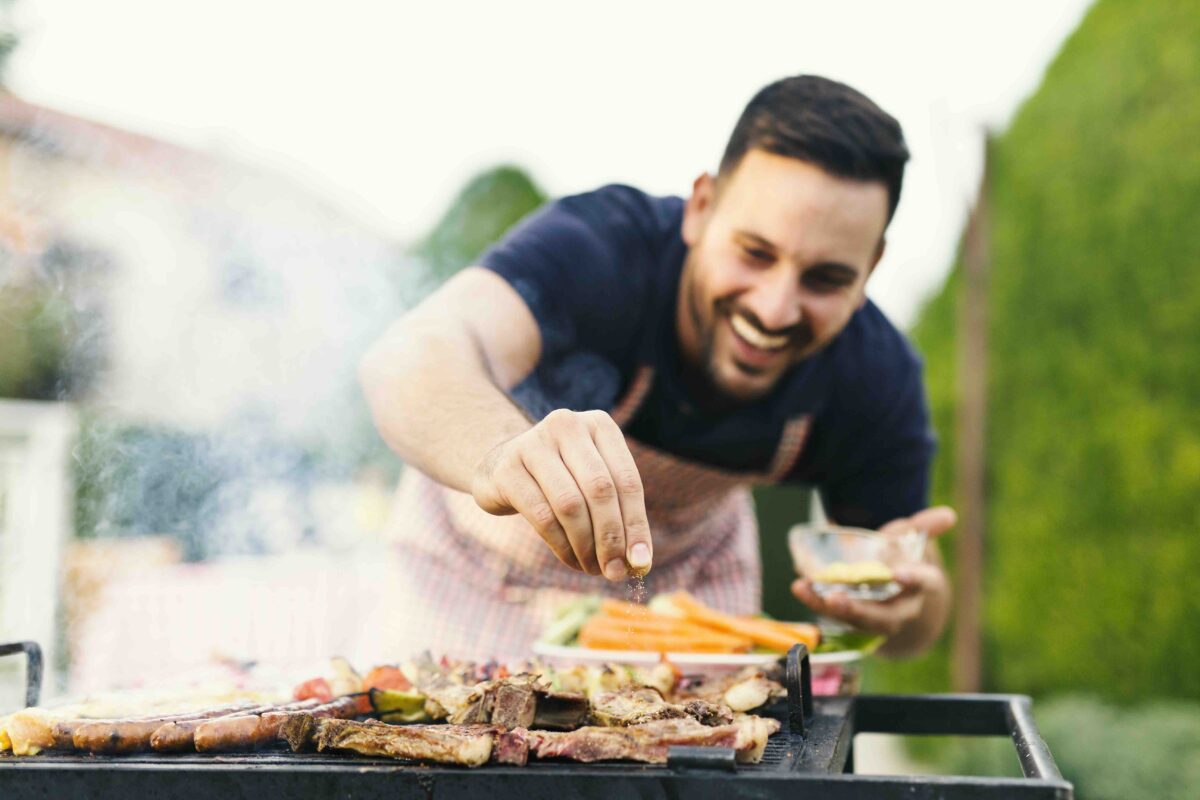Food Safety Tips
Bring on the holidays! But before you start cooking, take a moment to look over some tips on food safety. They can help avoid getting you and others sick.When preparing food, follow four basic steps: clean, separate, cook, and chill. First, wash your hands, countertop, and cutting board with hot soapy water. Make sure that knives and other cooking utensils are clean. Wash the lids of cans before opening. Rinse fruits and vegetables. (But don’t rinse raw meat before cooking. Disease-causing microbes can splash out of the sink and spread around.) Next, be sure to separate foods. Keep raw meat, poultry, seafood, and eggs away from foods that won’t be cooked. When shopping, put raw meat in a plastic bag. Keep it away from other items in your cart and fridge. Use a food thermometer when cooking. Make sure that the inside of your food reaches the right temperature to kill bacteria. Of course, you want to enjoy leftovers. Chill food in the refrigerator within two hours of cooking. Store it in clean, shallow containers with lids. Use or freeze within three to four days. And don’t let hot foods cool before putting them in the fridge—put them in as soon as possible. Food-related illness is especially dangerous for people who are older or have health problems. If you follow these steps, you’ll enjoy a safe meal. Find more tips on food preparation and storage:

Bring on the holidays! But before you start cooking, take a moment to look over some tips on food safety. They can help avoid getting you and others sick.
When preparing food, follow four basic steps: clean, separate, cook, and chill. First, wash your hands, countertop, and cutting board with hot soapy water. Make sure that knives and other cooking utensils are clean. Wash the lids of cans before opening. Rinse fruits and vegetables. (But don’t rinse raw meat before cooking. Disease-causing microbes can splash out of the sink and spread around.)
Next, be sure to separate foods. Keep raw meat, poultry, seafood, and eggs away from foods that won’t be cooked. When shopping, put raw meat in a plastic bag. Keep it away from other items in your cart and fridge.
Use a food thermometer when cooking. Make sure that the inside of your food reaches the right temperature to kill bacteria.
Of course, you want to enjoy leftovers. Chill food in the refrigerator within two hours of cooking. Store it in clean, shallow containers with lids. Use or freeze within three to four days. And don’t let hot foods cool before putting them in the fridge—put them in as soon as possible.
Food-related illness is especially dangerous for people who are older or have health problems. If you follow these steps, you’ll enjoy a safe meal. Find more tips on food preparation and storage:












